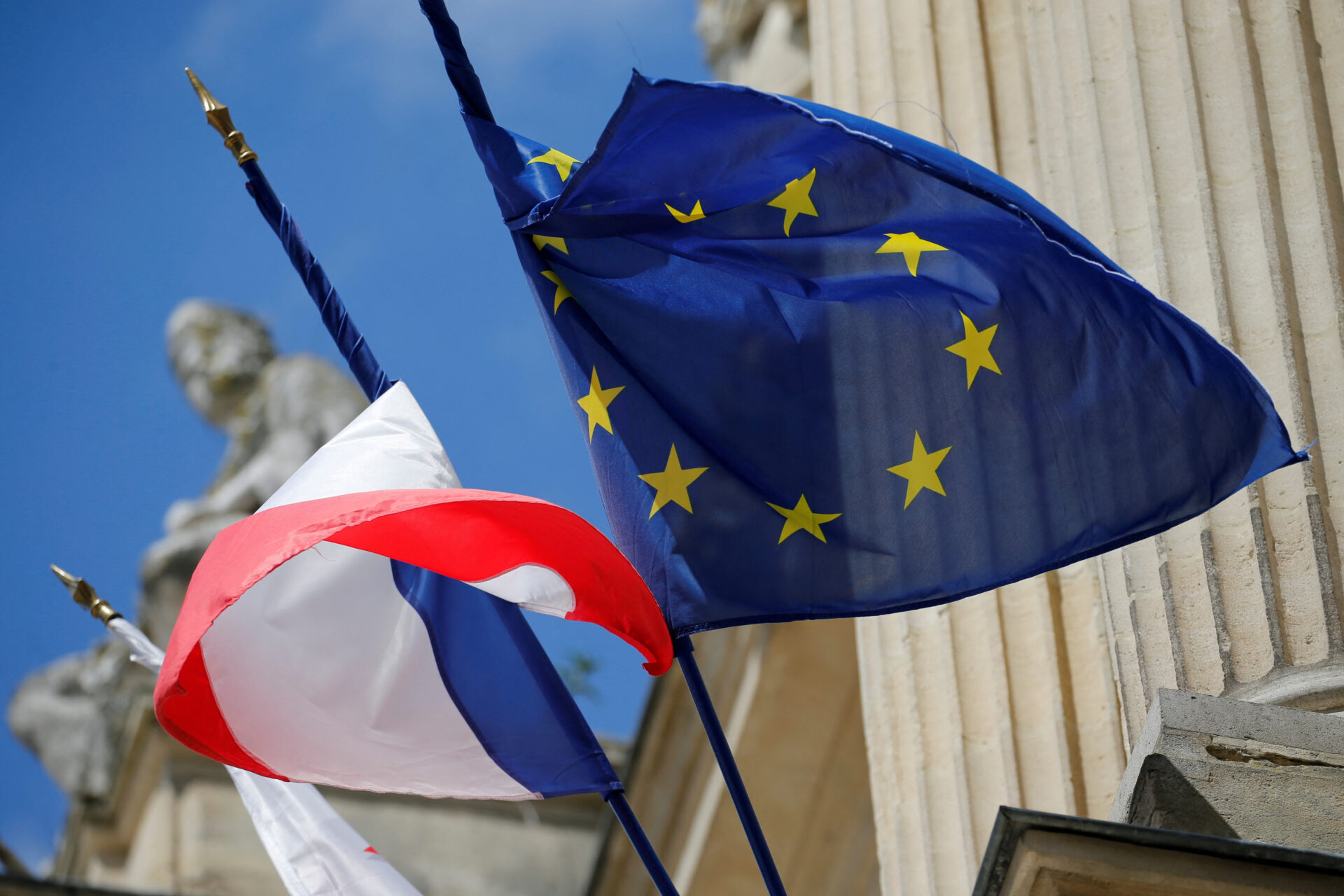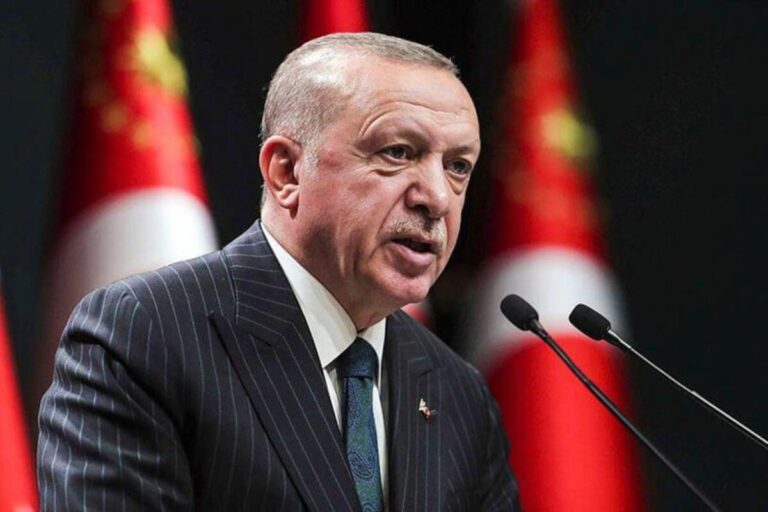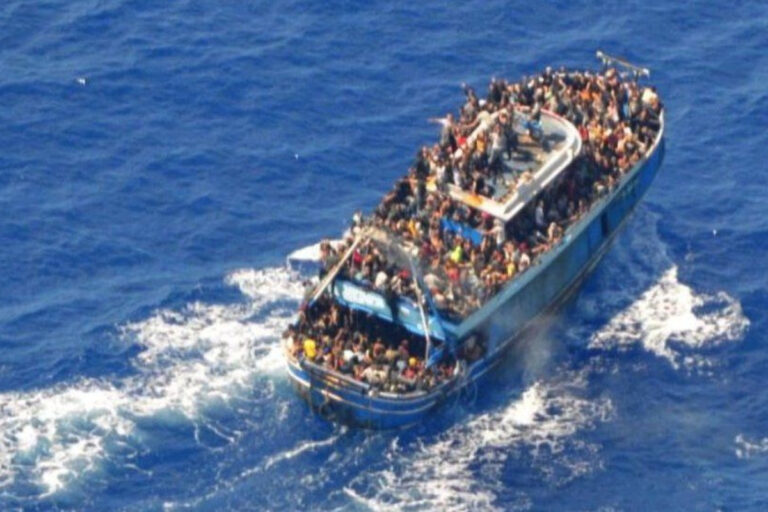Methane is the second biggest cause of climate change after carbon dioxide. In the short term it has a far higher warming effect, meaning rapid cuts in methane emissions are crucial if the world is to limit global warming.
BRUSSELS: France has proposed that the European Union gradually impose methane emissions limits on gas imported into the 27-country bloc, a move that would attempt to leverage Europe’s position as a major fossil fuel buyer to tackle
Methane is the second biggest cause of climate change after carbon dioxide. In the short term it has a far higher warming effect, meaning rapid cuts in methane emissions are crucial if the world is to limit global warming.
EU countries and lawmakers are negotiating a law that would force oil and gas producers in Europe to stop intentionally releasing methane, and fix leaks in their infrastructure, where the potent greenhouse gas can escape into the atmosphere.
EU lawmakers want the rules to also cover imported fossil fuels from 2026. EU countries have so far resisted that push – but a document seen by Reuters showed that France is now on board, and is attempting to rally support from other countries.
“Imposing methane leakage criteria on European hydrocarbon imports is a climate imperative, does not raise measurement difficulties, and is part of a global dynamic,” said France in a document shared with other EU countries.
“The EU cannot stay behind the curve on this issue,” it added.
France proposes that from 2026, importers must prove that 70% of their
fossil fuel imports comply with the EU methane rules, with the share increasing each year until 100% are covered in 2029.
Some EU officials said it was not yet clear how many countries backed the proposal, which was dated Oct. 6. Germany – Europe’s biggest gas buyer – and Poland have previously said they would be willing to extend the EU rules to cover fossil fuel imports.
Hungary and Romania have previously sought weaker rules, while some countries have questioned whether it is feasible to enforce the EU’s standard abroad.
The EU imports more than 80% of its gas from countries including Norway, the United States, Algeria – and Russia, which slashed deliveries last year. Most methane emissions associated with EU gas consumption occur abroad.
The non-profit Clean Air Task Force has estimated that expanding the EU rules to cover imports could cut global methane emissions in the oil and gas sector by up to 30%.
Methane is expected to be in the spotlight at the UN’s COP28 climate summit in November, where conference host the United Arab Emirates plans to launch a voluntary methane-cutting pledge from oil and firms.
Source: Economic Times







